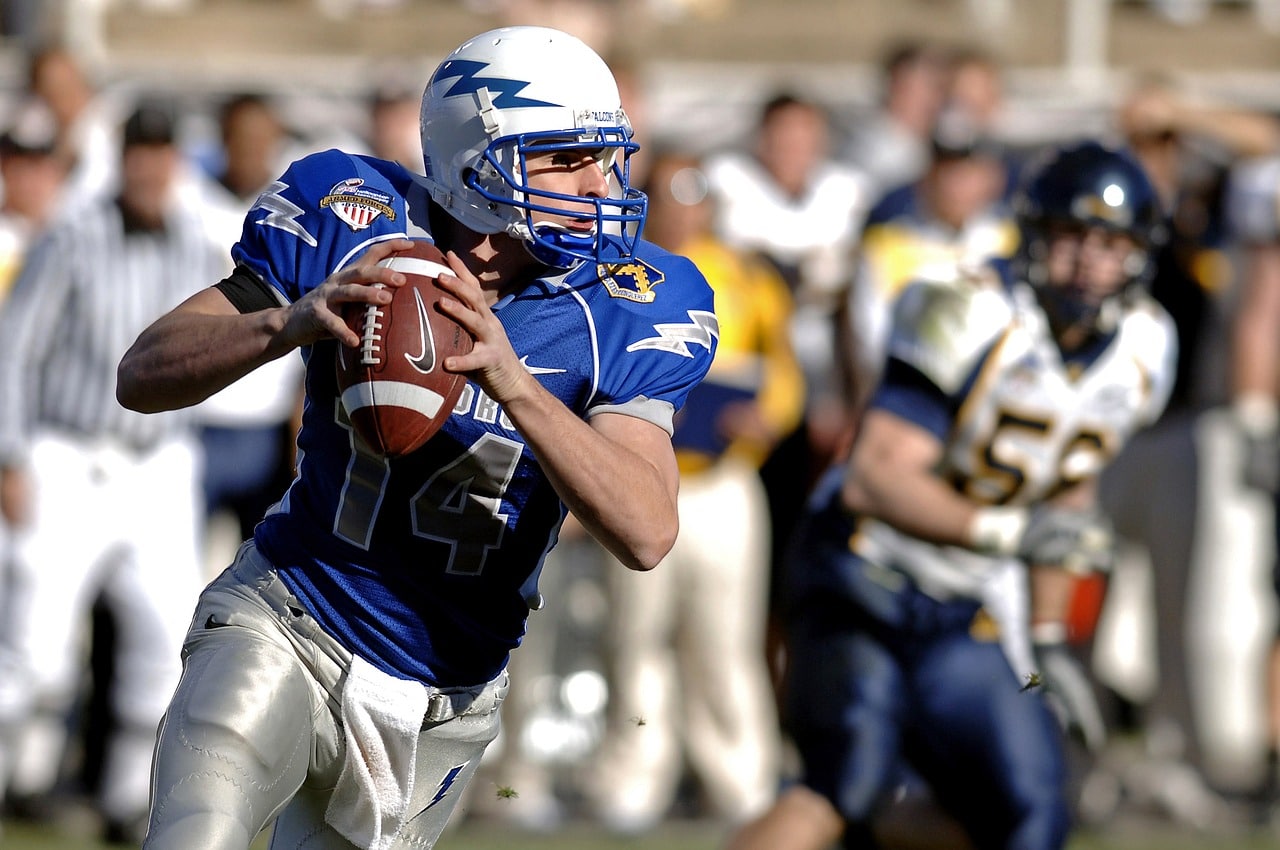In a world where we are continuously striving for physical health and social connections, sports emerge as a powerful tool. It not only fosters a sense of community but also provides an array of opportunities for volunteering. The symbiotic relationship between sports and volunteerism is far-reaching, boasting benefits for individuals, communities, and the wider society. This report provides an in-depth exploration of how sports can bolster volunteer activities and encourage community service.
The Power of Sports in Building Communities
Sports, by nature, are social activities. An essential part of any game is the sense of camaraderie and unity it fosters among players, spectators and enthusiasts. From the local football club to grand European sports events, people from diverse backgrounds come together, bonded by a common passion. This shared love for sports creates a fertile ground for community-building activities.
A lire également : The influence of sports in shaping youth leadership and activism.
Studies show that sports are instrumental in creating robust, vibrant communities. It helps bring people together, establishes social connections, and promotes a sense of belonging. When a community is united by sports, it creates a conducive environment for volunteerism to thrive. As people feel more connected, they are more likely to engage in community service and support each other.
Volunteering in Sports: A Win-Win Situation
Volunteering in sports proves to be a rewarding experience for individuals and communities alike. This is not solely limited to the act of participating in sports as a player, but it extends to the myriad roles that help facilitate these games. From being a coach, referee, or event organizer, the opportunities for volunteering in sports are vast and varied.
A découvrir également : How do athletes cope with the psychological challenges of injury rehabilitation?
Engaging in such activities helps volunteers develop essential life skills, such as teamwork, leadership, problem-solving, and communication. It also fosters a sense of achievement and self-efficacy. On a physical level, being actively involved in sports activities promotes health and wellbeing. For the community, it means the continuity and success of sports events, fostering local pride, and enhancing social connections.
Meaningful Motivations: Why People Volunteer in Sports
Understanding people’s motivations behind volunteering in sports can shed light on how to encourage more people to get involved. A European study examining volunteerism in sports found that the primary motivations are personal satisfaction, social connections, giving back to the community, and love for the sport.
Interestingly, the study also found that volunteers often start with self-centered motivations, like wanting to stay fit or meet new people. However, as they continue volunteering, their motivations evolve to more altruistic ones, like wanting to contribute to their community. This transition is a testament to the transformative power of sports and volunteerism.
The Road Ahead: Creating Opportunities for Sports Volunteering
While the benefits of volunteering in sports are clear, it is crucial to actively create and promote such opportunities. Making volunteering accessible and inclusive should be a priority. This could mean offering flexible volunteering hours, providing necessary training and support, and recognizing the efforts and contributions of volunteers.
Creating a positive and inclusive environment for volunteers can encourage more people to get involved. It also helps retain existing volunteers, creating a sustainable cycle of volunteerism within the community. As more people tap into the power of sports and volunteerism, communities can thrive, and individuals can lead healthier, more fulfilled lives.
Despite the challenges that might come along, the symbiosis of sports and volunteerism holds immense potential. It’s an avenue that not only promotes social connections and community cohesion but also encourages physical health, personal growth, and a shared sense of purpose. As we move forward, we need to harness the power of sports to foster a culture of volunteerism and community service, creating a healthier, more united world.
Public Health Benefits and Social Capital of Sports Volunteering
Engaging in sports volunteering has a significant impact on public health and social capital. According to research, sports volunteers tend to have better mental health, owing to their consistent physical activity and social interactions. The benefits of volunteering in sports extend beyond just physical health benefits. It also leads to improved mental health, thanks to the social connections, sense of purpose, and fulfillment that comes from volunteering.
Physical activity in the form of sports volunteering allows individuals to incorporate exercise into their routine in an enjoyable manner. Studies have shown that sports volunteers report fewer mental health issues, lower levels of stress, and overall improved well-being. This correlation between physical activity and mental health is crucial, especially considering the rising mental health issues worldwide.
Moreover, sports volunteering enhances social capital. It provides a platform for individuals to network and form connections, fostering a sense of camaraderie among volunteers, athletes, and spectators. This social network acts as a support system, fostering a sense of belonging and community spirit. Sports volunteers often report a higher sense of social inclusion and community engagement.
The Olympic Games is an excellent example of the power of sports volunteering in action. Thousands of volunteers come together to ensure the smooth running of the games. These volunteers don’t just play a crucial role in the sports sector, but they also experience the benefits of volunteering firsthand, thus promoting public health and social capital.
How Young People Can Get Involved in Sports Volunteering and Conclusion
Young people stand to gain a lot from sports volunteering. It provides them with valuable experience which can aid their personal and professional development. Besides, it is an avenue to give back to the community, foster social connections, and promote physical activity.
To encourage young people to become sports volunteers, it is crucial to create a welcoming and inclusive environment. This can be achieved by providing the necessary training and support, recognizing their efforts, and making the volunteering hours flexible to accommodate their schedules.
In conclusion, sports volunteering plays a pivotal role in promoting volunteerism and community service. The potential benefits are immense, ranging from improved public health to enhanced social capital. The role of sports in fostering this culture of volunteerism cannot be overstated. It provides a platform for people of all ages to come together, bond over their shared love for sports, and contribute to their communities.
Despite any challenges that may arise, the symbiosis of sports and volunteerism holds immense potential. It’s a path that encourages social connections, improves health, fosters personal growth, and instills a shared sense of purpose. As we continue to navigate the future, it is essential that we harness the power of sports to encourage a culture of volunteerism and community service, creating a healthier, more united world.




































